As part of the government’s strategy to reduce harmful emissions from transport, the new E10 petrol grade will be introduced across the United Kingdom from September 2021. Our guide to Lexus and E10 petrol answers a few questions about the change.
While it retains the same 95-octane rating as existing unleaded petrol, E10 petrol will contain a much higher proportion of ethanol. Currently, all petrol supplied at filling stations contains a five percent mix of ethanol, which is why it is known as E5. However, from September 2021, that proportion will be doubled in standard grade petrol and the fuel will be identified by the code E10.
This change will not affect Lexus owners with a diesel-powered vehicle.
Lexus and E10 petrol – which models can use the new fuel?
The good news is that the vast majority of Lexus models with a petrol engine or hybrid powertrain and that were officially supplied within the European market since January 1998 are compatible with E10 petrol. The only exceptions to this rule are the following models:
- Lexus IS 250 with 2.5-litre V6 4GR-FSE engine made between August 2005 and September 2007
- Lexus GS 300 with 3.0-litre V6 3GR-FSE engine made between January 2005 and September 2007
- Lexus LS 460 with 4.6-litre V8 1UR-FSE engine made between August 2006 and September 2007
How can I check if my Lexus can use E10 petrol?
All new Lexus models manufactured since 2011 and equipped with a petrol engine or hybrid powertrain are compatible with E10 fuel. This can be confirmed by checking the owner’s manual or looking at the information printed on the inside of the fuel filler flap. If you are still unsure, use E5 petrol, which will continue to be dispensed from the super unleaded pump at most filling stations.
You can also use this checker tool created by the government to support the E10 transition.
Can I use E10 petrol in my imported Lexus?
If your Lexus is an imported model that was not official sold in European markets, we recommend staying on E5 by using super unleaded, which has a higher octane rating. Having received queries from owners regarding specific imported models, we are investigating this further.

Lexus and E10 petrol – why is the ethanol content being increased?
Ethanol is a renewable, non-fossil biofuel produced from sustainable sources. It is made using by-products from the farming industry, such as those from wheat, corn and sugar crops.
By increasing the proportion of biofuel in petrol, the content of fossil fuel and therefore our reliance on it decreases. This will reduce the overall levels of CO2 (carbon dioxide) emissions from vehicles and help the government achieve its climate change targets. It has been calculated that this change from E5 to E10 will cut harmful transport emissions by 750,000 tonnes a year – the equivalent of taking 350,000 cars off the road.
Why isn’t the ethanol content much higher?
The composition of ethanol is different to that of a crude oil based fossil fuel such as petrol. Higher blends of ethanol can cause corrosion of some rubbers and alloys used in the engine and fuel systems of some older vehicles.
A small number of these vehicles will need to continue using E5 petrol, and this will remain widely available at filling stations in super unleaded grade.
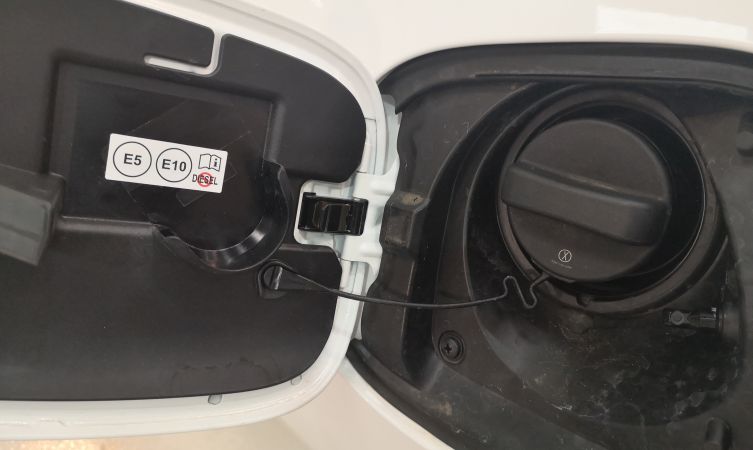
Lexus and E10 petrol – is this change only happening in the UK?
No. In fact, E10 petrol is already common throughout the world. It has also been the reference fuel used for all new car emissions and performance testing since 2016.
Read more How economical is a used hybrid Lexus?
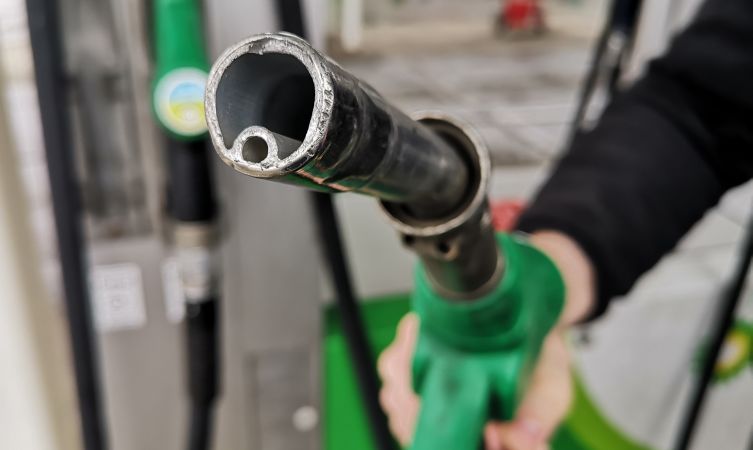
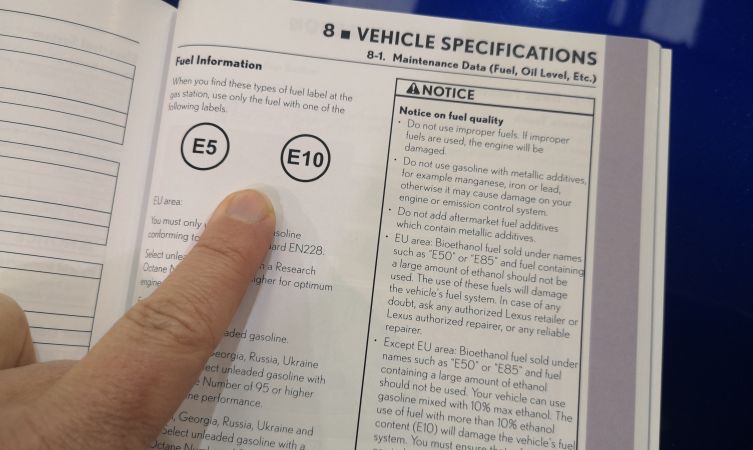
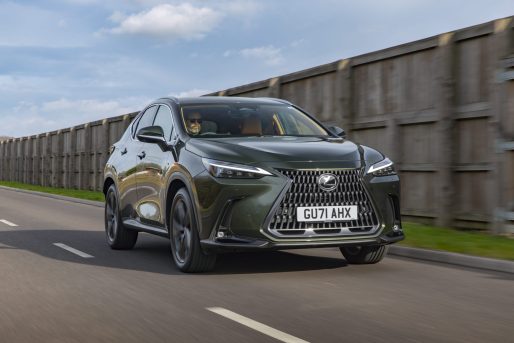
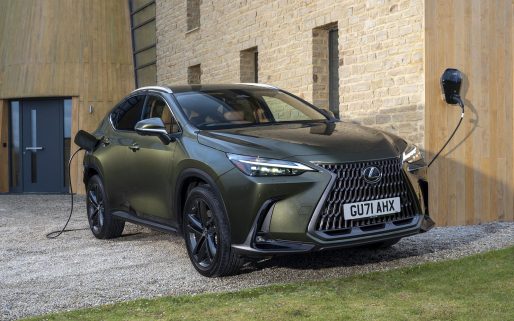

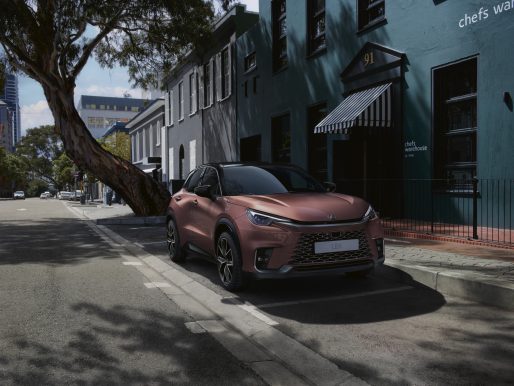
I have a Lexus IS200 Year of Manufacture 2000 – Cylinder capacity 1988cc
Is E10 petrol cleared for use in this car ?? Phil
Hello Philomena, thanks for your question.
Please provide a Vehicle Registration so that we can check this for you.
Thanks.
I have a Lexus IS200 Year of Manufacture 2004.
Can I use E10 petrol in this car?
Vehicle Registration: DE04 BEJ
Hello Xaver, thanks for your question.
This vehicle is compatible with E10 petrol.
Thanks.
Hi
I have a 2005 Ls430 .
Is it OK to use E10 fuel
Thanks
Hello Kevin,
Please provide your vehicle registration so we can check this for you.
Thanks.
I have a a JDM 2011 Lexus IS350 f sport, is it ok to use E10 please.
Hello Stuart, thanks for your query.
Lexus models with a petrol engine or hybrid powertrain and that were officially supplied within the European market since January 1998 are compatible with E10 petrol. However, the following models are incompatible:
– Lexus IS 250 with 2.5-litre V6 4GR-FSE engine made between August 2005 and September 2007
– Lexus GS 300 with 3.0-litre V6 3GR-FSE engine made between January 2005 and September 2007
– Lexus LS 460 with 4.6-litre V8 1UR-FSE engine made between August 2006 and September 2007
As your model is an IS 350 model year 2011, this should be compatible.
Thanks.
Hi,
Could i confirm if IS250 2006 (BN56RHA) is compatible with E10 fuel?
Thanks
Hello, thanks for your question.
This vehicle is not compatible with E10 petrol. We would recommend using E5.
Thanks.
Thank you for the response.
I have a is200 1gfe 2003 model is it compatible with e10
Hello Ryan, thanks for your question.
Please provide a Vehicle Registration so that we can look into this.
Thanks.
Hi there, could you please check if my car is e10 compatible?
GU56XUK
Thanks
Hello Jay, thanks for your question.
This vehicle is not compatible with E10 petrol, as it was manufactured in November 2005. Therefore, you should continue to use E5 petrol.
Thanks.
Hello, can use E10 in my Lexus 450h, registration AF60ODP?
Hello Yaniv, thanks for your question.
This vehicle is compatible with E10 petrol.
Thnaks.
Hello, is mine IS250 number plates SB57 YZJ adapted to e10, on car manual and back on fuel door is written unleaded only so it confuse me a bit. Thank You
Hello, thanks for your query.
The following vehicle is not compatible with E10 petrol:
– Lexus IS 250 with 2.5-litre V6 4GR-FSE engine made between August 2005 and September 2007
However, as your vehicle was produced in October 2007 it should be compatible.
Thanks.
Hi can you advise if useing the new E10 fuel in my 2000 Lexus IS200 W518NGM will reduce/effect the emissions so as to reduce the VED
Hello Paul, thanks for getting in touch.
Unfortunately, we cannot advise on Vehicle Excise Duty.
For information regarding this, please consult the government website found here: https://www.gov.uk/government/publications/vehicle-excise-duty/vehicle-excise-duty
Thanks.
Is my LS460 GP57CFX able to use E10. It was first registered after the deadline but may have been manufactured earlier.
Hello Andy, thanks for getting in touch.
As this Lexus LS was made following the dates specified as incompatible, this vehicle should be compatible with E10 petrol.
To seek further reassurance, we would recommend contacting your local Lexus Centre who are best placed to advise.
You can locate your nearest centre here: https://www.lexus.co.uk/forms/find-a-centre
Thanks.
Odd that the article does not supply full information ie the carbon emissions decrease figures (ordinarily very opaque) have no basis ( in that they are not referenced). Moreover biofuel is less efficient than petrol – a tank full will be 3% less efficient overall. When the decrease in efficiency is mitigated against supposed biofuel advantages it comes out about even…so no real gain in efficiency or emissions.